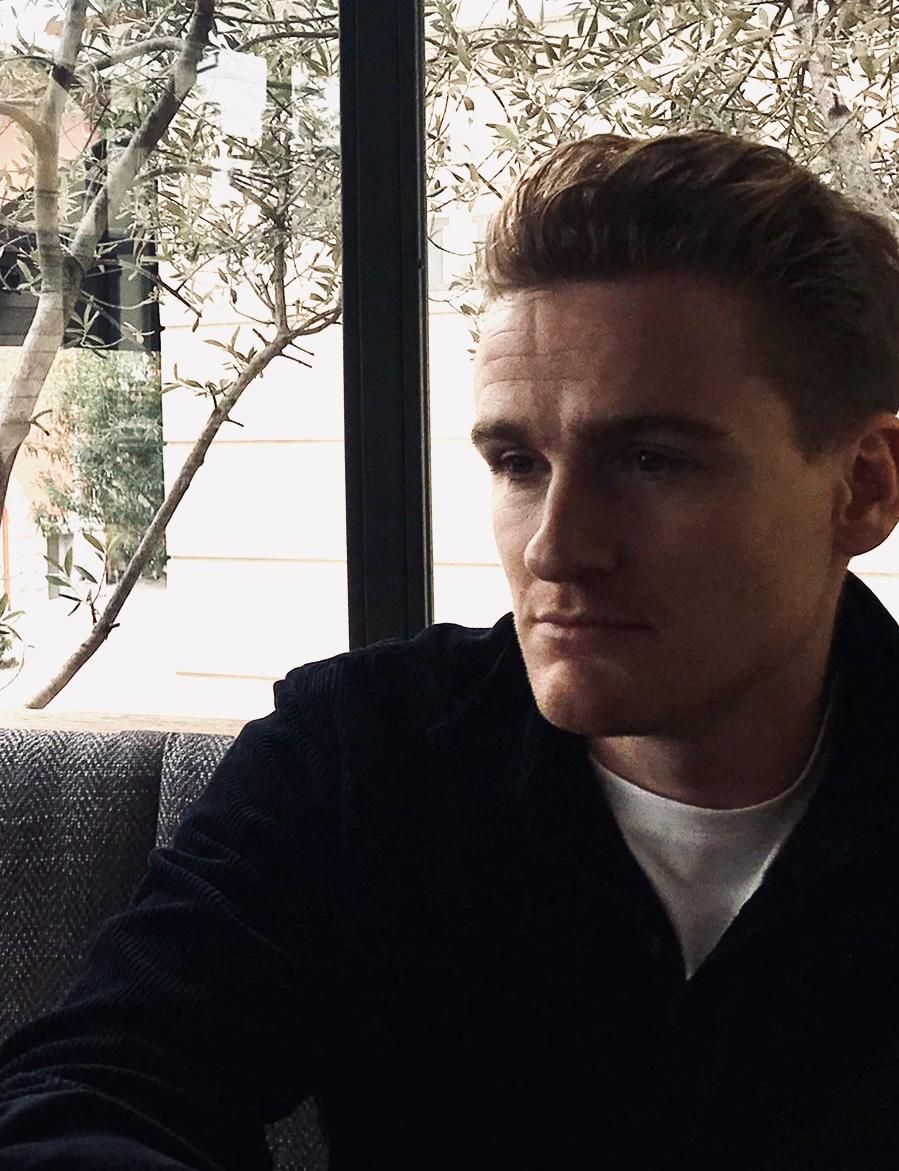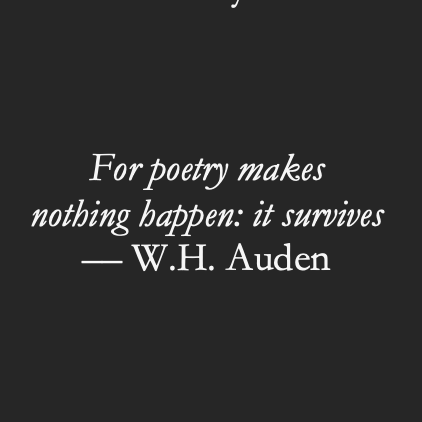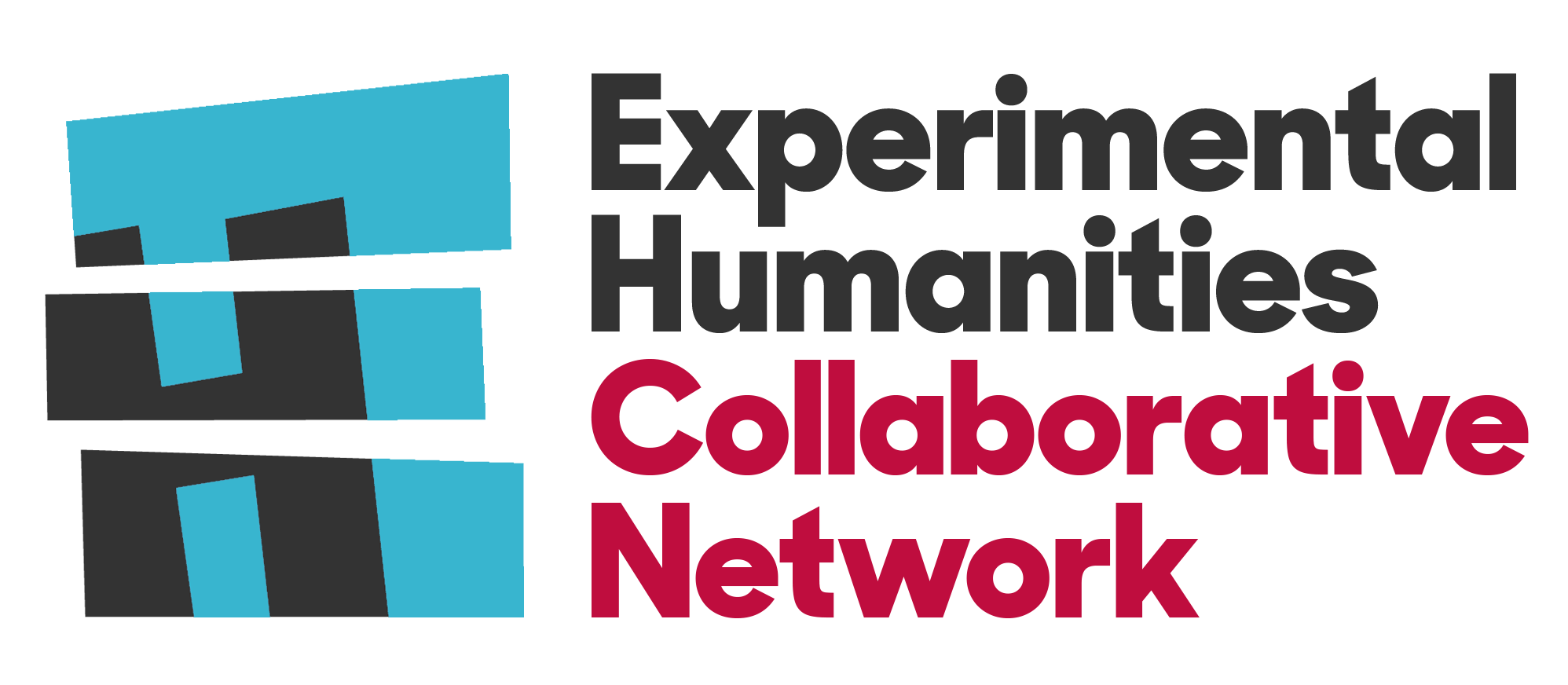Welcome to The Experimental Humanities Collaborative Network
Identity, Drama and Prejudice: A Temporal Study of World Literatures
A CEU undergraduate course taught by I am a Postdoctoral Research Fellow for the CEU OSUN-Experimental Humanities Collaborative Network (EHCN) and Department of Gender Studies. My main research area is the complex interplay between history and fiction in early modernity. Since my doctoral studies, I have been fascinated by the capacity of foolish, insane, decadent and degenerate figures to tell profound, subversive truths, which not only speak back to power, but also inculcate alternative modes of reasoning, reflection and political action. My first monograph examined Shakespeare’s fools in the context of classical and humanist intellectual cultures. It established that the fool’s paradoxical wisdom was intrinsic to what Keats famously called Shakespeare’s “Negative Capability”, a crucial facet of the plays’ implicit philosophical vision. More recently, with István H. Szilágyi and László Kelemen, I worked on a co-authored book-project, entitled Changing Legal and Civic Culture in an Illiberal Democracy (Routledge: New York, 2021), a topic on which I have also been published in Times Higher Education. My current research focuses on the development of ideas of social, sexual and moral degeneracy in utopian fiction from the early modern period to the present. It aims to synthesise my work on the current resurgence in nationalism, which exploits fears of degeneration to subjugate sexual and ethnic minorities, with my doctoral research. An extract of my first novella, Inside Virgil Caine, was longlisted for the 2021 Alpine Fellowship and has been accepted for publication. As a teacher and practitioner, I am especially enthusiastic about creating courses that bring together the humanities, creative practices, and contemporary forms of activism. Fields of Interest · Critical Theory · Early Modern Literature and Culture · Classical Thought · Drama · Nationalism(s) · Literature and Political Theory · AestheticsSam Gilchrist Hall

The purpose of this course is to instantiate playful dialogue between literatures from different cultures, nations/regions, and languages. Each week two texts (or extracts of not more than 40 pages) by writers from disparate cultural, geographical and historical contexts will be discussed. Of course, our intention is not to flatten out (or deny) such differences, but to see what discoveries can be made (and what dialogues inculcated) through this sort of dissonance. More specifically, this course seeks to delve deeply into the diverse ways and forms in which life’s fragility, beauty and terror has been represented in literature, while discussing controversial contemporary debates, including those about art’s “universality” and its alleged “degeneration”, not to mention its culpability in perpetuating various forms of global inequality.
Beyond this, this course offers an introduction to some of the most significant works of World Literature and key theoretical works in the field. It will also familiarize you with the essential methodologies of Literary Studies, including close reading, rhetorical analysis, feminist critique, and source/adaptation studies. A particular emphasis is placed on the concept of intertextuality; not only will you be encouraged to study re-writes and translations of various works forensically and genealogically, but you will also have the opportunity to re-write, translate or creatively respond to one or more of the works studied.
Naturally, it is impossible to provide a meaningful overview of the Western canon in twelve weeks let alone the entirety of World Literature. For this reason (and in the spirit of dialogue), the last third of the course will be co-created. You will be invited to select and discuss literary works that are of particular interest to you and fall within the topics for these weeks. There will also be the opportunity to see productions of relevant plays/films in Vienna.
Learning Outcomes
1. Development of transferable methodologies, such as close-reading, rhetorical analysis and source studies, which can be used in history and qualitative Social Sciences.
2. A critical understanding of genres, periodisation and canonisation in relation to Literary Studies.
3. Creative and critical exploration of crucial literary texts.
4. Overview of key themes, genres, writers and debates in World Literature.
5. Deepening of understanding of dialogue, both as a vital aspect of literature and a socio-political concept and practice.


